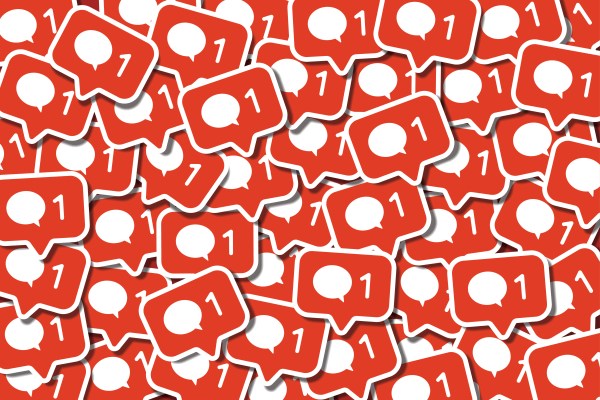How should creators weigh monetization strategies in the platform era? – TechCrunch

The scrap between Joe Rogan, Spotify, and their detractors has resurfaced the simmering debate concerning creator monetization.
Given that creators include everyone TikTok performers mega-podcasters, YouTube celebrities, and Instagram influencers, no single revenue model will work for them all. But do creators have to employ all revenue models to make their business math-out?
Being cross-platform can be a boon to creators looking for a larger audience, but doing so quickly becomes too much work than one person can handle.
Creators making enough money from their work to get by, let alone prosper, is something of an Internet holy grail. Substack has one take on the question. YouTube’s revenue-split with select creators is another. TikTok’s creator fund was headline-grabbing, but ultimately far too small compared to the number of extended hands. Is any platform doing a good job?
So how should creators think about monetizing their work today? TechCrunch’s Amanda, Natasha, and Alex – after a lengthy chat on the matter – worked to map out some possible routes forward. Here’s how it panned out:
- Amanda Silberling: I’m tired of everything being an ad
- Alex Wilhelm: Not your platform, not your money
- Natasha Mascarenhas: De-risk where possible
Amanda: I’m tired of everything being an ad
My friend Hannah went viral on TikTok for crocheting chicken nuggets (now that’s a sentence that would’ve been incomprehensible three years ago!). She works full-time in publishing, but with her newfound audience of 26,000, she started up an Etsy shop where, you guessed it, she sells crocheted chicken nuggets — which sometimes have hats. She’s made some unexpected cash thanks to her sudden popularity.
Sometimes, when we talk about the creator economy, we’re really only talking about a small subset of creators – people like the kids from Hype House who make millions of dollars through brand deals. Then you have creators like Hannah. She makes money on the internet by leveraging her audience and selling products to compensate herself for the labor of being really funny and really good at crocheting chicken nuggets. It’s a side-hustle, not a full-time job, but that doesn’t make her venture less legitimate or interesting in the greater context of the creator economy.
I’ve already written about how TikTok’s current creator monetization model doesn’t adequately serve creators, and how YouTube’s Partner Program, which operates by sharing a percentage of ad revenue, offers a more generous payout. But I can’t stop thinking about the advertising of it all. You have your YouTube ad revenue, then you have your brand deals, which are essentially just ads disguised as Instagram posts – bigger stars bring in the bulk of their money through brand deals. Even independent podcasters pay the bills through advertising (as well as fan membership programs, merch… diversify your income streams!).

